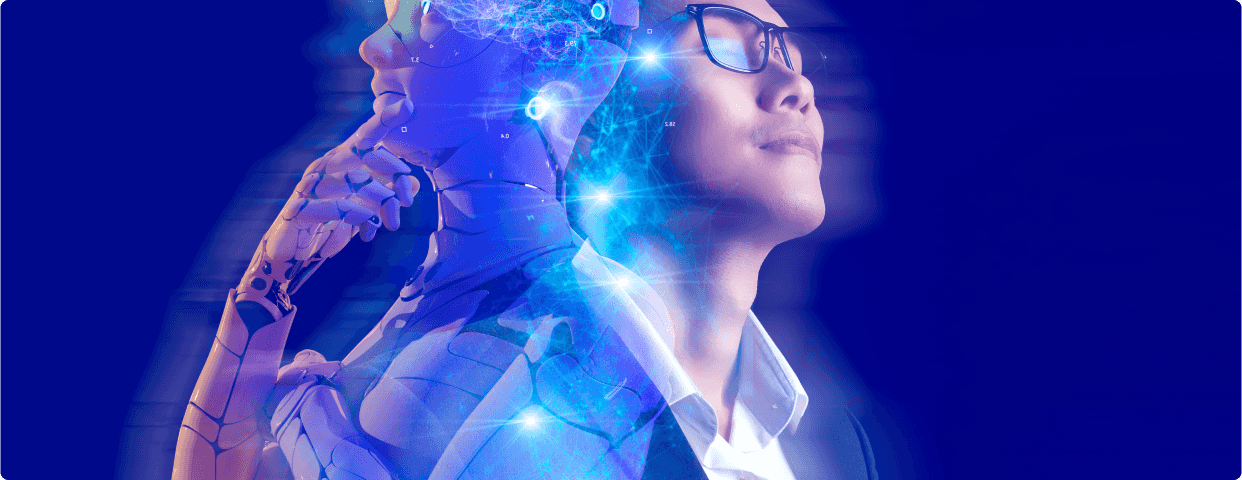ChatGPT is a revolutionary technology that has taken the world by storm. This large language model, based on the GPT-3.5 architecture, has the ability to generate human-like text and hold engaging conversations with users. As a result, ChatGPT has garnered a lot of attention from businesses across industries, including healthcare marketing.
The use of ChatGPT in healthcare marketing is a topic that has been widely discussed in recent times. While the technology has shown great promise in generating general content about diseases and treatments that can support website search engine optimization, it still has its limitations. Here, we will explore the capabilities and limitations of ChatGPT and discuss how you can integrate its advantages into your healthcare marketing program.
Capabilities of ChatGPT
ChatGPT has many capabilities that make it an ideal tool for healthcare marketing. First and foremost, it has the ability to generate large amounts of content quickly and accurately. This is particularly useful for those areas of healthcare marketing where there is a need for a constant flow of information about diseases and treatments. In the years to come, many healthcare companies or their marketing agencies will be using Chat GPT to support content marketing campaigns. By combining the capabilities of Chat GPT and experienced copywriters, companies can generate and refine articles, whitepapers, and social posts with greater efficiency than ever.
Chat GPT is also a highly efficient research tool. It allows users to ask questions in a conversational tone about very complex issues. The tool also remembers previous entries and can refine its responses. If, for example, a healthcare marketer wanted to learn about how a particular technology is used across several specialties, ChatGPT can synthesize information from innumerable sources quickly.
Limitations of ChatGPT
While ChatGPT has many capabilities, it also has its limitations. One of the main limitations is its inability to understand the unique
value proposition of a healthcare offering and the needs of the target audience. This means that while ChatGPT can generate general content about diseases and treatments, it cannot generate more specific content, such as techniques, best practices, messaging platforms, and sales content.
Another limitation of ChatGPT is its lack of emotional intelligence. While ChatGPT can report information in a conversational tone, it cannot connect information to emotion or demonstrate empathy. This is a major disadvantage in healthcare marketing, where emotional intelligence is crucial for building trust and rapport with both patients and healthcare professionals.
Is ChatGPT ready to be used in healthcare marketing?
The answer to this question is a definitive yes, but with caveats. ChatGPT has the potential to be used in healthcare marketing, but it cannot replace human intelligence and expertise. ChatGPT can generate general content about diseases and treatments that can support website search engine optimization, but more specific content requires an in-depth understanding of the unique value proposition of the offering and the needs of the target audience. In addition, ChatGPT cannot replace the human touch in healthcare marketing, where empathy and emotional intelligence are crucial for building trust.
Interested in putting the power of Chat GPT to work for your healthcare brand? Contact us to hear about how our teams use Chat GPT to support disease education, content marketing, and social media campaigns.

